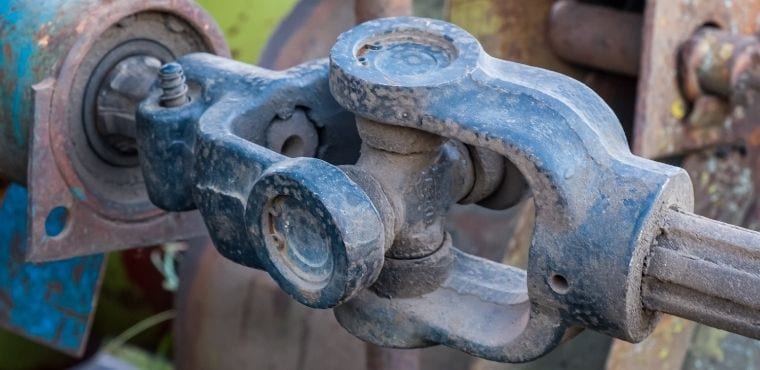It’s finally winter, which means all your farming equipment is (hopefully) tucked away in storage. That said, if all you did was drive vehicles into the shed, there are some things you’ll want to do before you completely lock up. From doing maintenance checks to giving them a proper clean, it’s imperative to take proper precautions now so you’ll have a better spring. Explore some of the tips to safeguard your farm equipment during the winter that we’ve compiled below!
Check the Fluids
If you want everything to run smoothly come spring, to pay attention to the fluids in the equipment. For example, all fuel and hydraulic oil tanks should be topped off and have fuel stabilizers added. You don’t want condensation entering unfilled tanks, so topping off is vital.
It’s also important to pay attention to coolant—you wouldn’t let your car run low on coolant in the winter, and you definitely shouldn’t let that happen to your equipment.
Double-Check the Engine
Engines can get beaten up throughout the farming season. Make sure you’re doing a thorough maintenance check on equipment before putting it away. Take drive shafts, for example. Drive shafts, motors, and engines can become effected depending on their age and how much they’ve been used.. Make sure you’re getting agricultural drive shafts repaired, or get new ones customized before spring rolls around.
Clean It Thoroughly
Farmers make huge mistakes when they don’t clean their equipment. Truth be told, equipment should get cleaned after each use, but pre-storage means an even deeper clean. Many experts advise thoroughly cleaning exteriors of all dirt and debris that could attract moisture. Why? Because it could cause corrosion-related damage.
But it’s not just the exterior that you need to scrub down. Make sure you wipe down the interiors of cabs, the planters, drills, grain tanks, and every other aspect of the equipment. You don’t want anything to attract rodents. The vermin could damage wires, seats, and other essential elements.
Don’t Forget About Lubrication
Once you’ve done all of the above, then you can lubricate. It’s simply best practice to ensure efficiency and smooth sailing come spring. Lubricate unpainted metal parts, bearings, drawbars, rods and joints, and a variety of other areas. You can always check the owner’s manual on hand to see what else they suggest.
Store Equipment Safely
The final step to safeguard your farm equipment during the winter is to store it away! Keep it away from the elements—rain snow, sleet, heavy winds—and even pests! Otherwise you allow the chance of rust, cracks, and other irritating damage.






